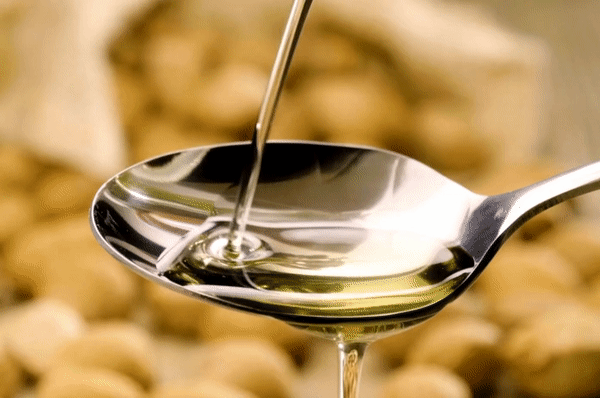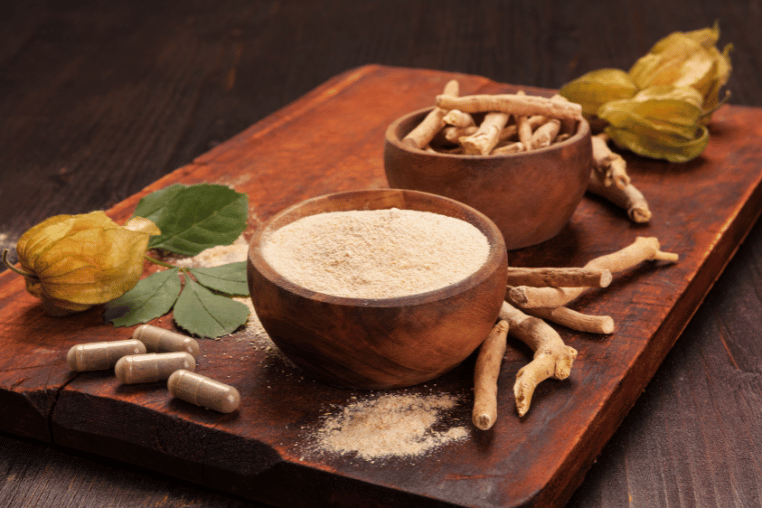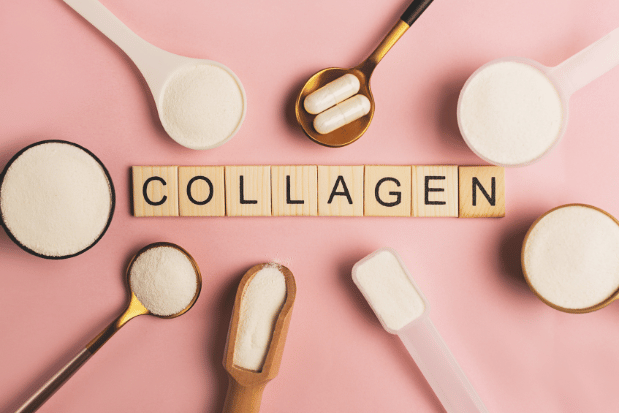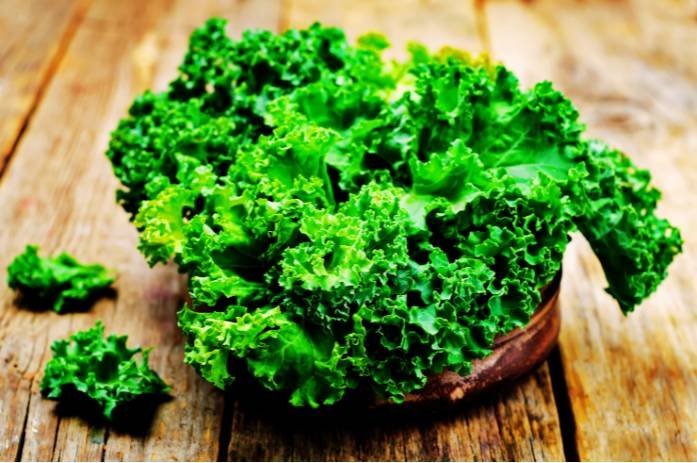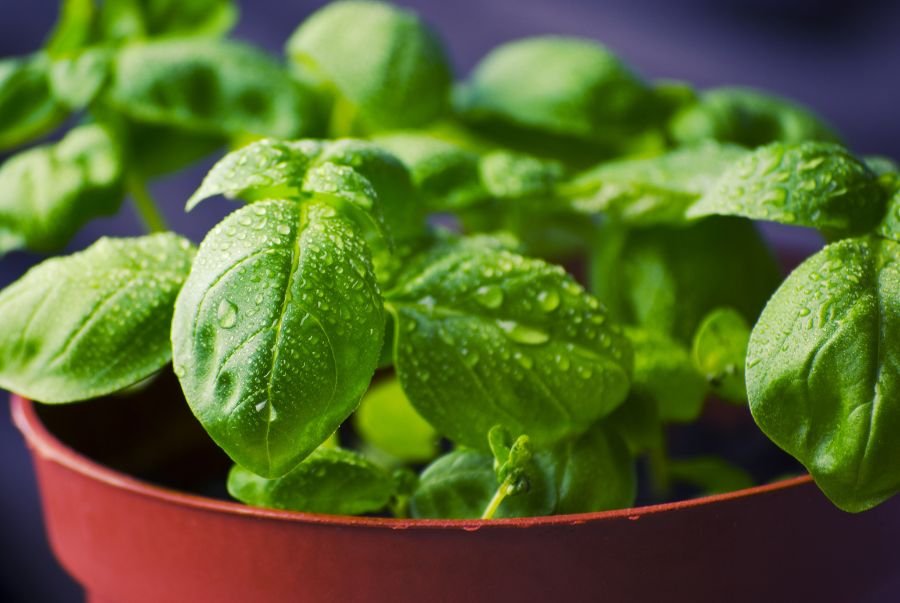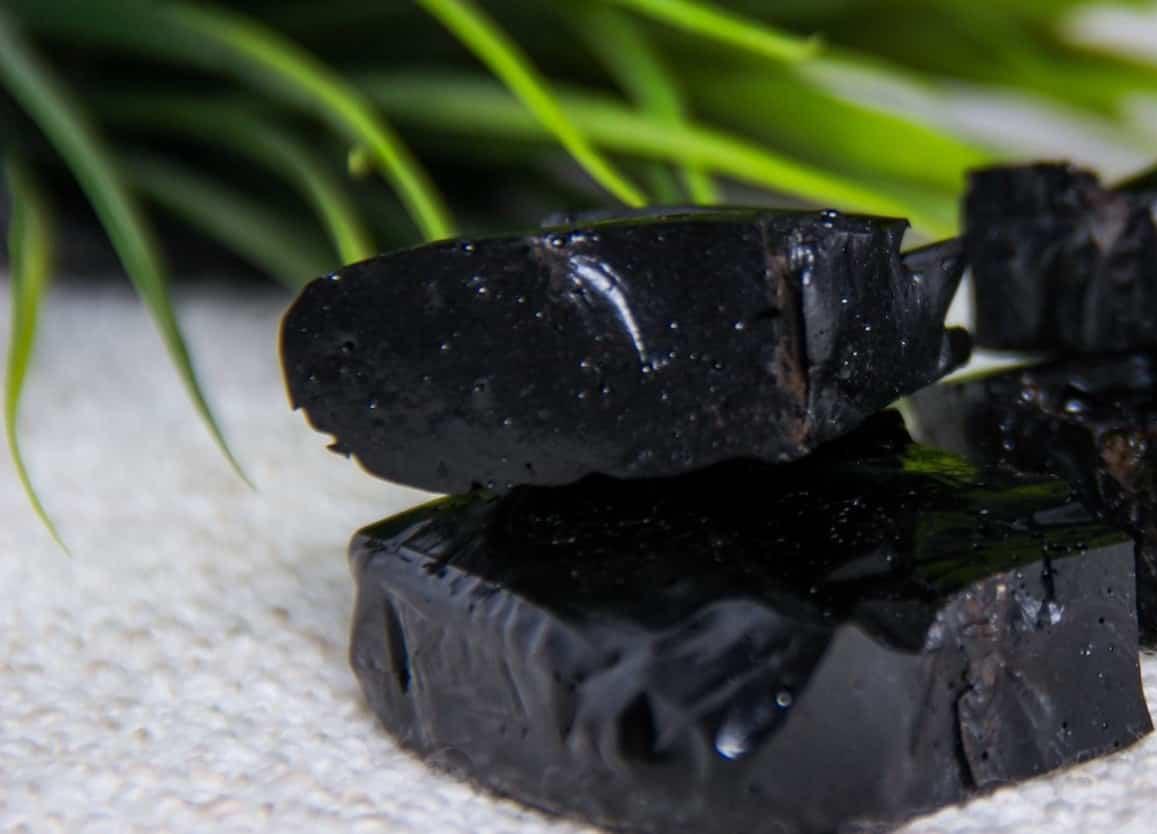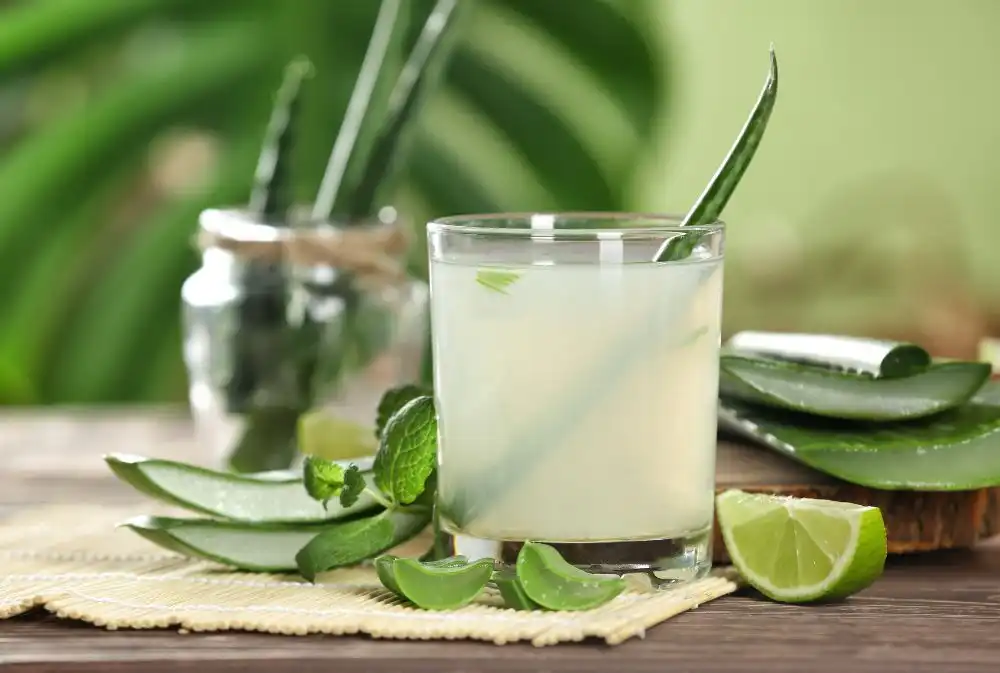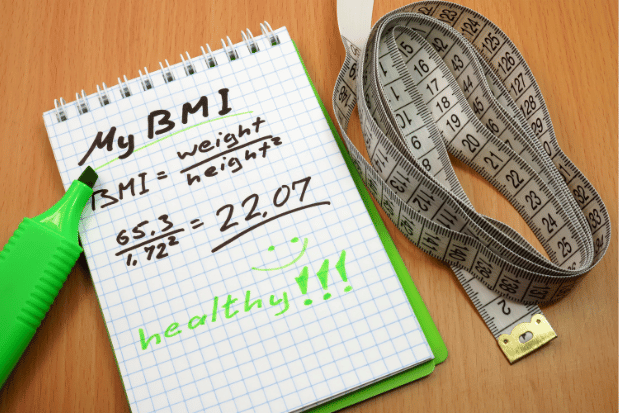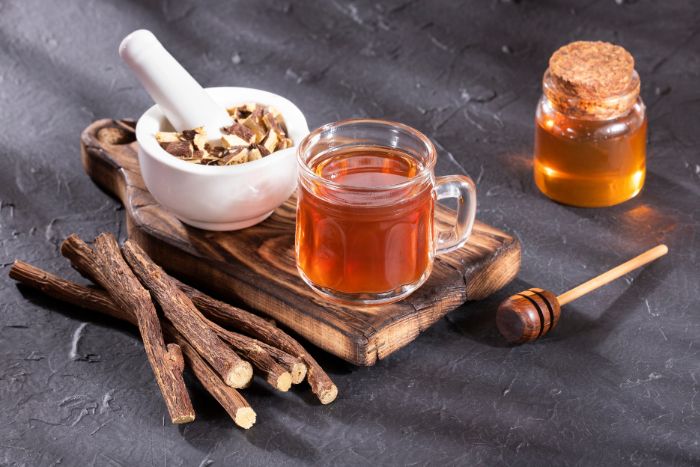
Passionate & Certified Nutritionist
Muscle cramps can strike at the most inconvenient times, disrupting our day and causing discomfort. Whether you’re an athlete pushing your limits or someone who occasionally experiences muscle cramps, incorporating a few simple tips into your routine can make a significant difference in alleviating this common issue. Let’s explore how to ease muscle cramps and enhance your overall comfort.
1) Stay Hydrated
One of the most common reasons for muscle cramps is dehydration. Make sure you’re sipping on water throughout the day. A hydrated body is less prone to muscle cramps. Additionally, consider adding an electrolyte supplement to your routine to replenish essential minerals lost through sweat.
Supplement Recommendation: Electrolyte tablets or powder mix.
2) Stretch Regularly
Incorporate gentle stretching into your daily routine. Stretching helps improve flexibility and reduces muscle tension, lowering the likelihood of cramps. Focus on the muscles most prone to cramping, such as the calves, hamstrings, and quadriceps.
Supplement Recommendation: Magnesium supplements. They play a crucial role in muscle function and can aid in preventing cramps.
3) Warm-Up Before Exercise:
Give your muscles a heads-up before engaging in intense physical activity. A proper warm-up prepares your muscles for the work ahead and reduces the risk of cramps during or after exercise.
Supplement Recommendation: Potassium supplements. They contribute to proper muscle contraction and can be beneficial in preventing cramps.
4) Massage and Self-Care
Treat your muscles with care. Regular massage can help relax tight muscles and improve blood circulation, reducing the likelihood of cramps. Consider using a foam roller or massage ball for self-massage at home.
5) Maintain a Balanced Diet
Nutrient-rich foods support overall muscle health. Include foods high in potassium, magnesium, and calcium in your diet. Bananas, spinach, and dairy products are excellent choices to keep your muscles happy.
Supplement Recommendation: Calcium and Vitamin D supplements. Calcium is essential for muscle contraction and relaxation. Vitamin D aids in calcium absorption, contributing to muscle health.
6) Adjust Your Footwear:
Improper footwear can contribute to muscle cramps, especially in the feet and calves. Ensure your shoes provide proper support and are well-suited for your activities.
7) Ice and Heat Therapy:
In case you do experience a muscle cramp, alternate between ice and heat therapy. Apply an ice pack initially to reduce inflammation, followed by a heat pack to relax the muscle.
Incorporating these simple tips into your daily routine can go a long way in helping ease muscle cramps and enhancing your overall comfort. Remember, consistency is key. Listen to your body, stay proactive, and make these tips a part of your lifestyle to keep muscle cramps at bay. Ease muscle cramps, and embrace a more comfortable, active life.
FAQs
Muscle cramps can happen due to various reasons, including dehydration, muscle fatigue, and imbalances in electrolytes like potassium and magnesium. To prevent them, stay hydrated, maintain a balanced diet, and consider supplements like electrolytes and magnesium.
Stretching promotes flexibility and reduces muscle tension, decreasing the likelihood of cramps. Focus on stretching the muscles prone to cramping, such as the calves, hamstrings, and quadriceps, as part of your daily routine.
Yes, certain supplements can be beneficial. Electrolyte tablets or powder mix, magnesium supplements, potassium supplements, and calcium supplements can contribute to preventing muscle cramps. Consult with a healthcare professional before adding any supplements to your routine.
Absolutely. Improper footwear can contribute to muscle cramps, especially in the feet and calves. Ensure your shoes provide proper support and are suitable for your activities to reduce the risk of cramps.
A balanced diet rich in potassium, magnesium, and calcium supports overall muscle health and can help prevent cramps. Include foods like bananas, spinach, dairy products, and consider vitamin D supplements for optimal muscle function.
Ice and heat therapy can provide quick relief for muscle cramps. Apply an ice pack initially to reduce inflammation, followed by a heat pack to relax the muscle. Additionally, consider turmeric supplements for their anti-inflammatory properties.
Muscle cramps can affect anyone, from athletes to those leading a sedentary lifestyle. Factors like dehydration, inadequate warm-up, and nutrient deficiencies can contribute. Implementing preventive measures, as mentioned in the tips, can benefit individuals across different activity levels.










